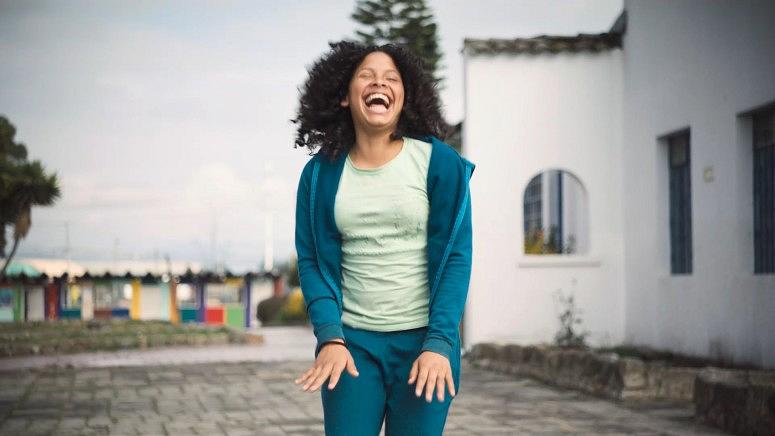Romanian film review – From Wartime Memories and Dystopias to Teenage Imagination and Peach Orchards: Berlinale 2022



After a special, extended edition in 2020, with virtual screenings for the industry in March and screenings in outdoor locations for a local audience in June, the Berlin International Film Festival (or shorter, Berlinale), one of the leading film festivals worldwide, returned to their more classical format this year, with live screenings in theatres planned during the classical festival week. In a less happy turn for the industry and the festival’s very important market section, however, the industry events were held online once again.
The ever-productive Radu Jude, winner of last year’s Berlinale with Babardeală cu bucluc sau porno balamuc / Bad Luck Banging or Loony Porn returned with his latest short film documentary (co-directed once again with historian Adrian Cioflâncă), Amintiri de pe Frontul de Est/ Memories from the Eastern Front.
The duo is sharp as ever to deconstruct and generate a context to historical documents, this time found personal pictures made by an officer in a regiment of the Romanian army fighting the Soviets on the Eastern front in 1941 and 1942 when the country was allied with Germany.
Romania was present otherwise as a co-producer on two very interesting projects. The winner of the Generation 14plus Youth Jury is the Colombian-Chilean-Romanian co-production Alis, directed by Clare Weiskop and Nicolás van Hemelryck, a touching documentary set in a home for young women who used to live on the streets of Bogotá.
The opening film of Perspektive Deutsches Kino, the section dedicated to current German cinema, was Natalia Sinelnikova’s striking, steely debut Wir könnten genauso gut tot sein/ We Might as Well Be Dead, a German-Romanian co-production starring Ioana Iacob in the lead, whom you might remember from Jude’s 2018 I Do Not Care If We Go Down in History as Barbarians (somehow, amusingly, so many roads lead to the ubiquitous director). Set in a dystopian (near or distant) future, the satire is set in a residential building so exclusive and draconic in its rules and admission policy that a seemingly banal incident leads to a slowly building avalanche of mayhem. Iacob is terrific, and the unexpected twists and turns of the biting, clever script are a treat.
In general, the selection this year left a rather mixed impression. The Competition lacked the memorable titles from last year, but the winner of the Golden Bear, Carla Simón’s warm and clear-eyed portrait of a family of peach farmers in the Spanish village of Alcarràs (giving the film its title) is well-deserved. Encounters, more open to experiments, had more highlights, like the impressively precise and ingenious Unrest, the melancholic A Little Love Package, or the big-hearted Small, Slow But Steady.
The Retrospective, sadly missing last year, returned with a homage to iconic comedy actresses Mae West, Carole Lombard, and Rosalind Russell. There was no greater happiness than watching these three on a large screen, a witty, bantering, slapsticky delight.
By Ioana Moldovan, columnist, ioana.moldovan@romania-insider.com
Photo info & source: still from Alis / © Casatarántula // courtesy of Berlin International Film Festival